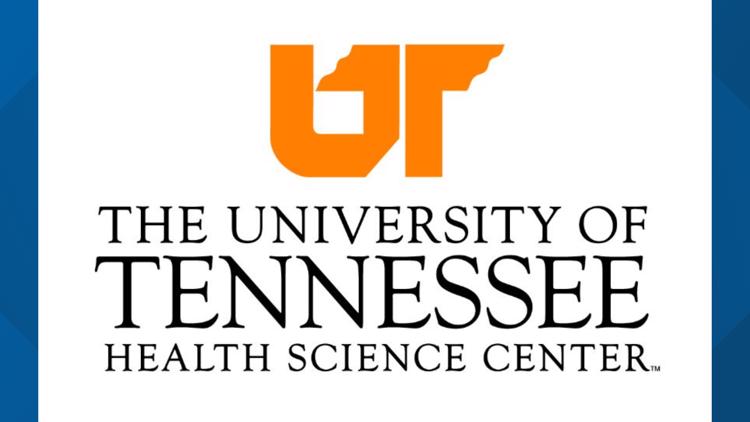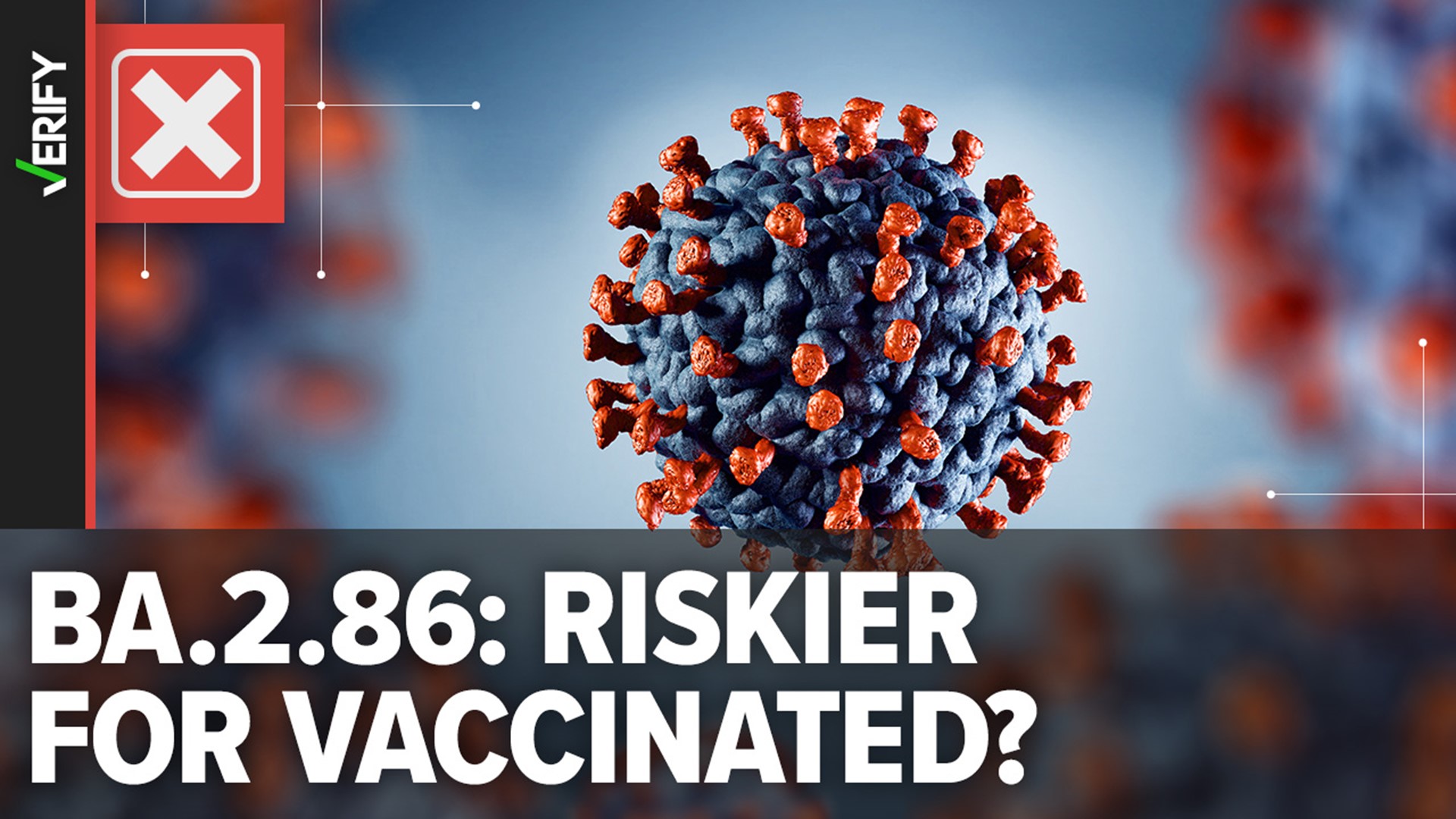MEMPHIS, Tenn. — Researchers at the University of Tennessee Health Science Center have played a supporting role in the development of COVID-19 vaccines.
To examine the efficacy of the Pfizer-BioNTech vaccine during development, the company needed a way to test the inhibitory effects of the antibodies generated after vaccination on virus infection. However, to work with SARS-CoV-2 requires a Biosafety Level-3 laboratory, which most companies do not have. To reduce the risk to workers testing the vaccine, Pfizer-BioNTech and other companies developing vaccines against COVID-19 have utilized a surrogate system, one of which was developed in the laboratory of Michael Whitt, PhD, associate dean of the Office of Medical Education in the UTHSC College of Medicine, chair of the Department of Medical Education, and a professor and former chair of the Department of Microbiology, Immunology, and Biochemistry at the University of Tennessee Health Science Center.


The surrogate system developed by Dr. Whitt and his research group utilizes a virus that primarily infects horses, cows, and pigs, and does not cause serious disease in humans. As a result, it can be studied using less-stringent Biosafety Level-2 containment practices available in many laboratories. An additional property of this virus is that it readily assembles the surface proteins of other viruses, such as the S-protein of SARS-CoV-2. As a result, the surrogate virus binds and enters cells like SARS-CoV-2, but once inside, it does not release more infectious virus, and instead produces a reporter protein that can be easily assayed or analyzed.
If antibodies from a vaccinated individual are mixed with this surrogate virus containing the SARS-CoV-2 S-protein and there is a reduction in the amount of reporter protein produced, that indicates the individual has generated antibodies that can inhibit SARS-CoV-2 infection.
In collaboration with Kerafast, a company that markets the surrogate virus system developed by the Whitt Lab, more than 300 companies and individual research labs all over the world have obtained this surrogate system, specifically to study SARS-CoV-2 infection and to screen for both small-molecule inhibitors of virus infection and the production of protective antibodies from vaccines.
“We were contacted very early during the start of the pandemic by several different companies looking for a way to quickly assay whether their vaccines were going to be efficacious against this novel pathogen, when it became clear that COVID-19 was going to impact a huge proportion of the population,” Dr. Whitt said. “They apparently were aware of the system we had developed and recognized that it could be used to speed the development of a vaccine. As a result, we had contracts from several companies to produce these surrogate viruses. Now that vaccines are becoming available, I’m proud to think that we had one small part in the testing of several different vaccine candidates, some of which have now received emergency use authorization, which we hope will eventually help get the pandemic under control.”
Currently, Dr. Whitt’s lab is generating more surrogate-reporter viruses containing the various S-protein mutants that have arisen in the United Kingdom, South Africa, and other countries, to test whether antibodies made by individuals who previously were infected, or individuals who have gotten vaccinated, have antibodies that can inhibit infection with these new variants. “The hope is that the current vaccines will provide protection against these variants, but at this time we just don’t know,” Dr. Whitt said. “However, we can rapidly screen these new variants using our system to see whether this is the case or not.”



